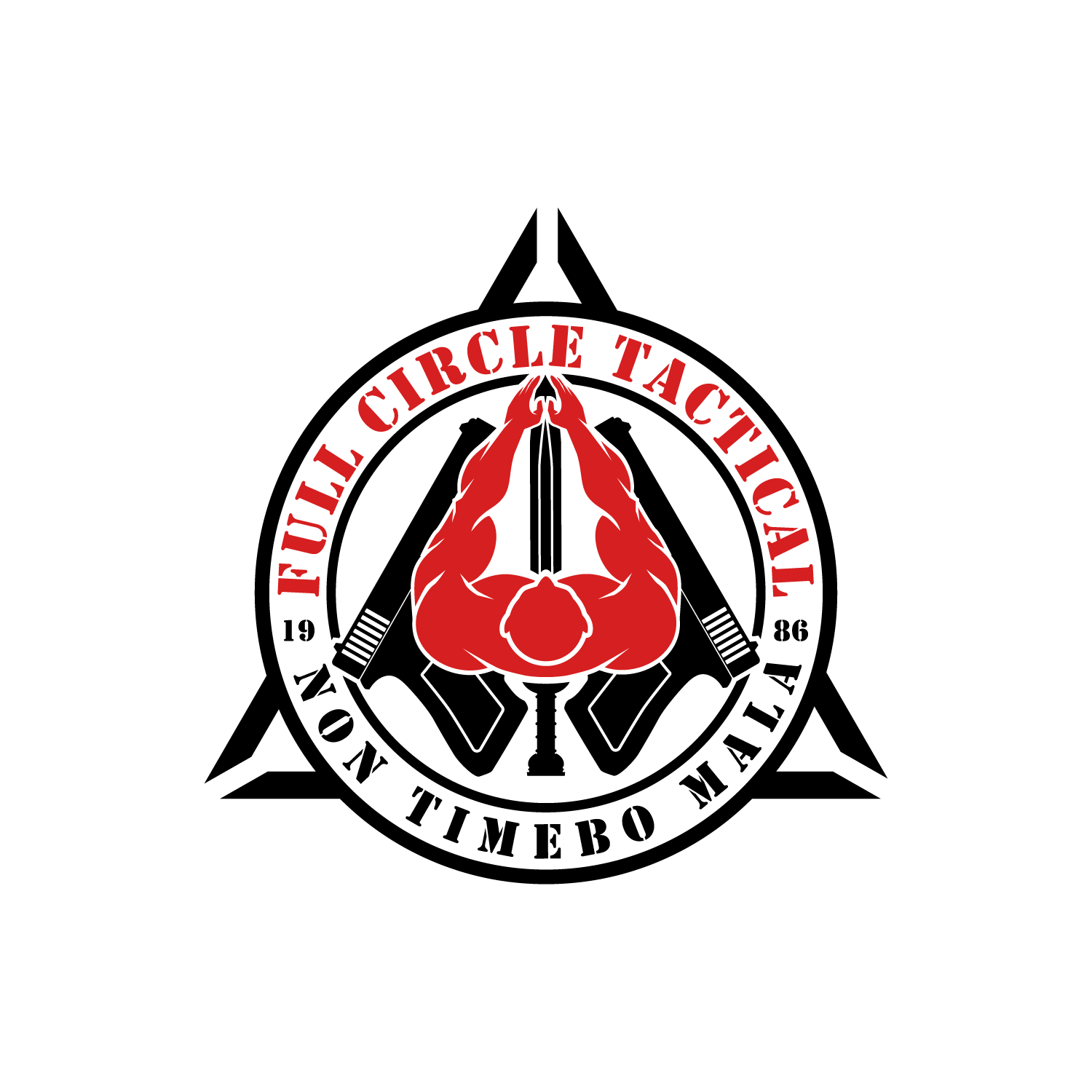OODA LOOP COMBAT APPLICATIONS
OLCA, The OODA Loop Combat Application.
A Comprehensive Guide to Effective Decision-Making for Combat Applications.
The OODA Loop, coined by Colonel John Boyd, stands for Observe, Orient, Decide, and Act. It is a powerful mental model for decision-making in volatile and uncertain environments. Since Boyd did not write any books about the OODA loop, I read several of his lectures, notes, and books written by people close to him; after three decades of intense study, I may glimpse Boyd’s body of work. Unfortunately, the accurate application of the OODA Loop is often misconstrued, particularly by self-defense experts, often with no business in trying to taint Boyd's fantastic framework. I will delve into the intricacies of the OODA Loop, clarifying its purpose and debunking common misunderstandings.
Understanding the OODA Loop:
The OODA Loop is not limited to on-the-spot decision-making; it is a holistic process designed to analyze present and future actions. It is a planning, reviewing, learning, and continuous improvement tool.
By comprehending its core principles, individuals and organizations can harness its potential for optimal decision-making.
The Iterative Nature of the OODA Loop:
Contrary to popular belief, the OODA Loop is not a one-time process. It functions as a continuous loop, enabling individuals to learn from the outcomes of their actions and adjust their future decisions accordingly. This iterative approach fosters adaptability and agility in the face of changing circumstances.
Pitfalls and Patterns within the OODA Loop:
Within the OODA Loop, individuals can encounter various sub-loops or patterns that may hinder effective decision-making. Awareness of these pitfalls is essential for maintaining a balanced approach:
1. Stagnation Loop:
The stagnation loop manifests when individuals or organizations become trapped between observation and orientation. They collect information and analyze it but struggle to move forward and make a decision. This analysis paralysis can impede progress and hinder effective action.
2. Perfectionist Loop:
The perfectionist loop occurs when individuals excessively dwell on orientation, seeking the perfect solution before deciding. Waiting for perfection in a rapidly evolving environment can lead to missed opportunities and falling behind competitors.
3. Anxiety-Driven Decisions:
In anxiety-driven decisions, individuals rush from observation to decision without conducting a thorough analysis. This can result in impulsive or reactive choices that fail to consider the broader context and potential consequences.
4. Heuristic Decisions:
Heuristic decisions rely on mental shortcuts or rules of thumb, which can be helpful in certain situations. However, they are prone to cognitive biases and may not accurately assess complex scenarios.
5. Hasty Decisions:
Hasty decisions occur when individuals rush through the OODA Loop, neglecting sufficient observation, orientation, and analysis. Such decisions can be prone to errors, missed opportunities, and unintended consequences.
Embracing Effective Decision-Making with the OODA Loop:
To leverage the full potential of the OODA Loop, it is crucial to adopt a balanced approach that encompasses all stages of the loop. This includes thorough observation, comprehensive orientation, sound decision-making, and timely action. Regular review and learning from the outcomes of activities will facilitate continuous improvement.
The OODA Loop is a powerful mental model that empowers individuals and organizations to navigate uncertainty and rapid change. Understanding its accurate application can transcend misconceptions and embrace its comprehensive utility. Full Circle Tactical has a student course format and an instructor course if you want to teach our OLCA (OODA Loop Combat Applications) Seminar.
The OODA Loop is not a reactive framework for immediate action but a planning, reviewing, learning, and adapting process. By avoiding common pitfalls and patterns, we can make informed decisions, seize opportunities, and succeed in our endeavors.
By Joshua Barbosa
IF YOU CAN BE SAFE, LEARN TO BE DANGEROUS WITH US.

